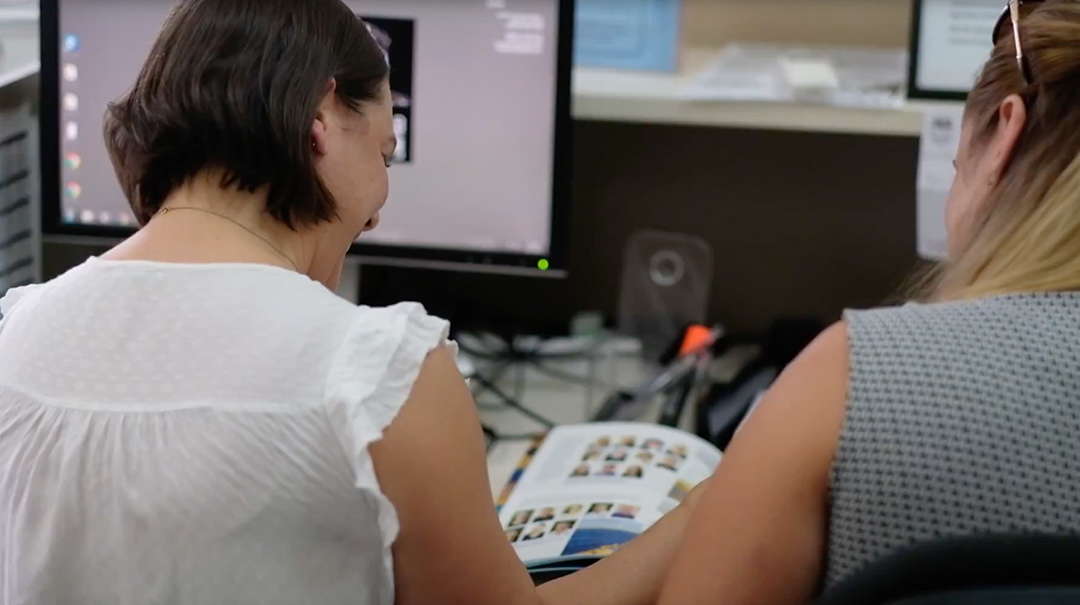The bridge to employment

In our series on WayAhead Directory, we turn to an employment agency with a difference and a reach across not just NSW, but also ACT, Queensland and Victoria.
Unemployment can be tough – messages never returned; applying for positions but never making interviews; feelings of rejection and a loss of confidence. For job seekers dealing with mental illness, these challenges can seem even greater. They can seem insurmountable.
OCTEC has been working with people and employers for more than 40 years to bridge the gap and create strategies to help people overcome barriers related to their mental health diagnoses and find fulfilling work.
In 2017, over 40% of OCTEC DES participants had a primary disability that was mental health-related, including anxiety, depression, bi-polar disorder, schizophrenia and other psychiatric conditions. And, when considering participants experiencing mental health issues secondary to another primary disability, this included the vast majority of OCTEC’s participants.
“For people dealing with the challenges of mental health, long-term unemployment can be devastating, potentially leading to other serious personal barriers, such as homelessness and substance abuse,” said Adam Swist, the Deputy Manager for Employment Services.
The company builds strong and trusting relationships with clients to support them through their journey in finding employment. They also work with employers, providing celebrating “champions of inclusive employment” though National Employer Awards.
“Building relationships with employers – from multi-nationals to small and micro businesses – is another essential part of our success. In partnership with business, we work to overcome barriers and stereotypes often faced by job seekers with mental illness. We provide financial and resource support to employers of our participants, with services such as mentoring, peer training and wage assistance,” said Mr Swist.
OCTEC is also a member of the WayAhead Workplaces as part of a strategy to work more closely with mental health specialists, mental health initiatives and other like-minded organisations.
“We share expertise, resources and research information with other [WayAhead Workplaces] members, enhancing our delivery of innovative and individualised vocational services, as well as creating positive workplace health and wellbeing cultures for participants and their employers.”
To assist participants facing multiple and complex barriers, OCTEC works closely with specialist services to meet a range of participant needs. This includes sharing resources and referrals to services including culture and country (for Indigenous and/or CALD participants), literacy and language training, domestic and family violence support, disability and mental health services, including via the NDIS.
“There is still much to do. Mental health continues to be a major challenge for those seeking employment. Mature age participants – including those made redundant as a result of economic downturn or sector decline – are increasingly joining our caseloads. Many of these job seekers face mental health challenges,” said Mr Swist.
“Participants in our youth services are often challenged by mental illness. Disconnection from education means they may lack important skills, qualifications and motivation to compete in open employment, setting them up for long-term welfare dependence. Employees and employers are often reluctant to speak about mental health, meaning unresolved issues can develop into major barriers.”
For OCTEC, breaking down those barriers, supporting people experiencing mental health conditions and bringing them, and employers together is work well worth doing.
Find out more about OCTEC at the WayAhead Directory, with separate listings for regional offices including Penrith, Toukley, Condobolin and more.
Back to most recent edition
Newsletter
Stay up to date
Sign up to our Mind Reader newsletter for monthly mental health news, information and updates.